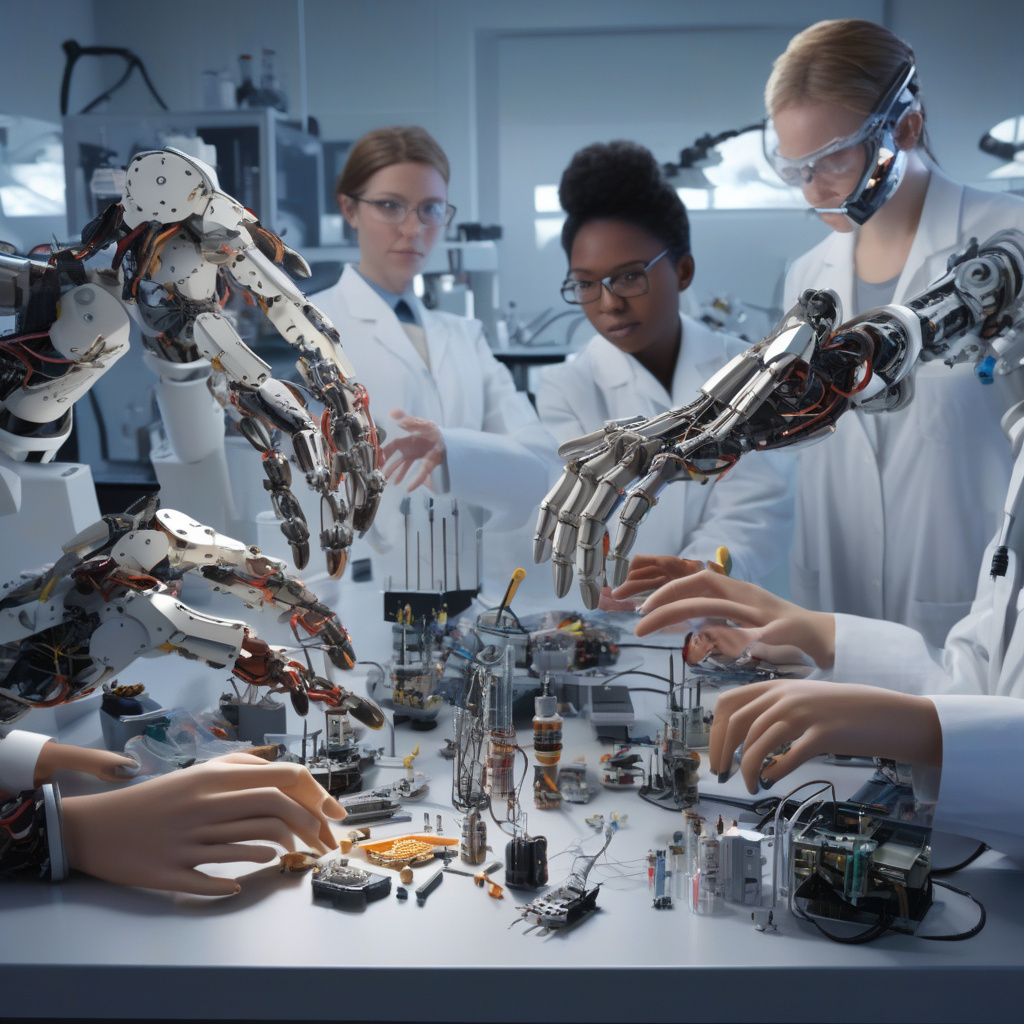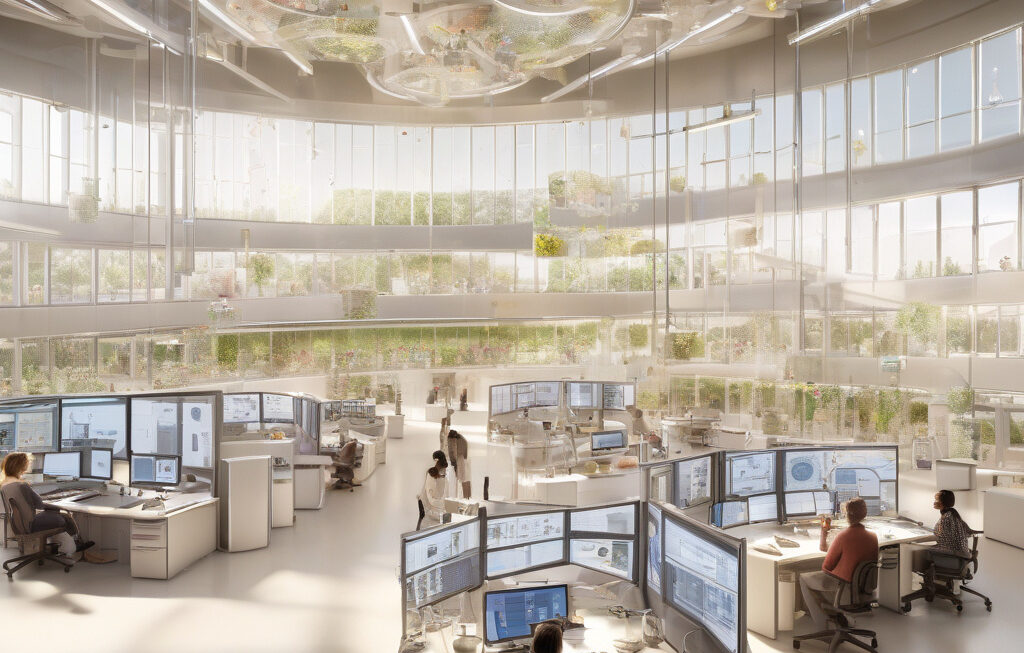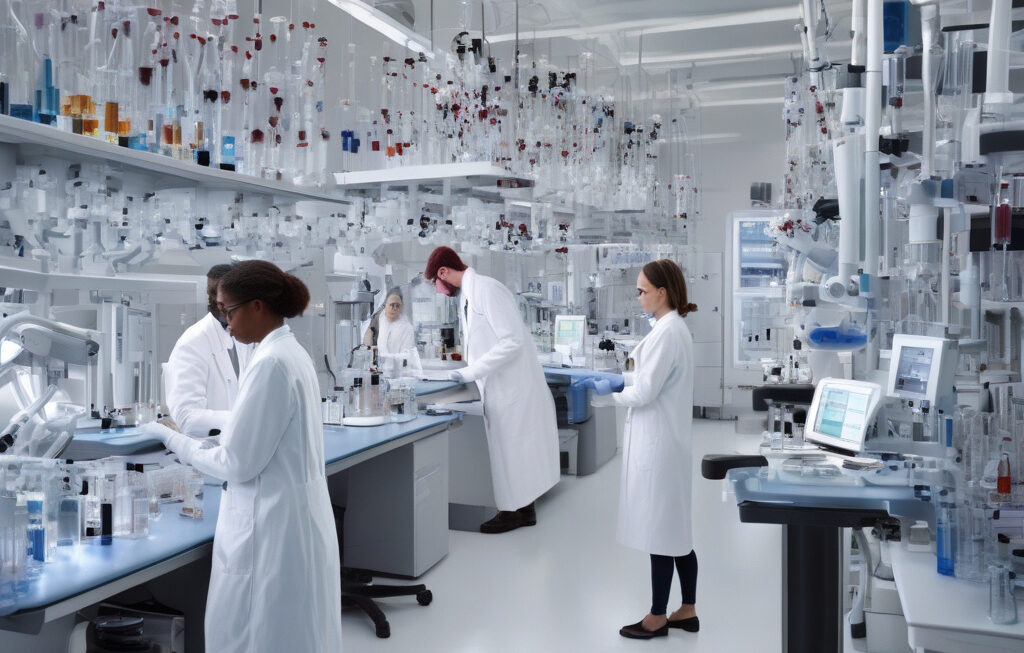Robotic Hands Get Smarter as UK Team Taps AI for Dexterity Breakthroughs
A team led by researchers at the University of Bristol is advancing the development of robotic hands by integrating artificial intelligence (AI) to enhance dexterity and functionality. This innovative approach marks a significant leap forward in the field of robotics, with the potential to revolutionize industries ranging from manufacturing to healthcare.
The integration of AI technology into robotic hands enables them to perform intricate tasks with greater precision and adaptability. By leveraging machine learning algorithms, these robotic hands can analyze and respond to various stimuli in real-time, allowing for more efficient and agile performance. This level of dexterity is crucial for applications that require delicate manipulation, such as assembling small electronics or performing minimally invasive surgeries.
One of the key advantages of incorporating AI into robotic hands is the ability to learn from experience. Through continuous interaction with the environment, these systems can improve their capabilities over time, making them increasingly adept at handling complex tasks. This learning process mimics the way humans develop skills, resulting in more natural and intuitive movements.
The implications of this dexterity breakthrough are far-reaching. In the manufacturing sector, AI-powered robotic hands can streamline production processes, leading to higher efficiency and lower costs. By automating repetitive tasks that require precision, companies can improve productivity and product quality. In healthcare, these advancements open up new possibilities for minimally invasive procedures, reducing patient trauma and recovery times.
Furthermore, the integration of AI into robotic hands paves the way for human-robot collaboration in various settings. By combining the strengths of both humans and machines, tasks can be completed faster and more accurately. This collaborative approach enhances safety and productivity, particularly in environments where human workers may be at risk.
The research conducted by the University of Bristol team represents a significant milestone in the evolution of robotics. By pushing the boundaries of what robotic hands can achieve, they are shaping the future of automation and technology. As AI continues to advance, we can expect even more sophisticated and versatile robotic systems to emerge, transforming industries and improving our quality of life.
In conclusion, the fusion of AI and robotic hands holds immense promise for the future. From enhancing manufacturing processes to revolutionizing healthcare practices, the impact of this technology is profound. As researchers continue to innovate and push the boundaries of what is possible, we can look forward to a world where intelligent robotic hands play a pivotal role in shaping our ever-everging technological landscape.
robotic hands, AI, dexterity breakthroughs, University of Bristol, robotics industry












